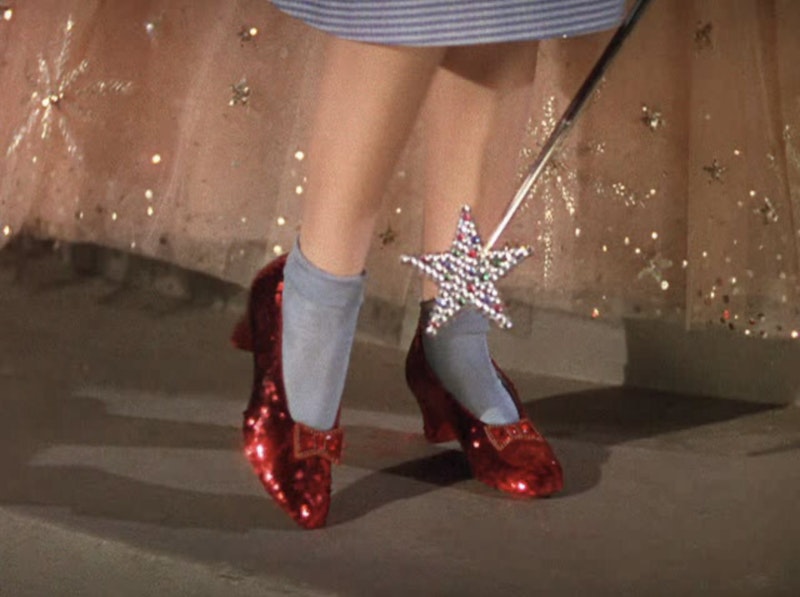Anger’s a cancer. It’ll eat you alive if you let it; causing negative physical effects. There are ways to deal with anger, but how easy is it to let go so you can move on?
This is one of life’s toughest lessons, and it depends on who’s pissed you off and how much. Is it a parent or parents, who didn’t meet your needs as a child, aren’t sorry about it, and continue to hurt you as an adult? That can be tough to forgive and forget. What about a longtime friend who destroyed a relationship after years of your loyal devotion and energy, or a partner who abused your love, trust and you? It’d be so easy and natural to carry around a heavy burden of anger toward almost anyone. But it’s just that: heavy. And have you ever known anyone who walks around wrecked by anger—it’s always just below the surface, ready to explode like a tornado, leveling everything and everyone in its path—and usually people with anger management issues are the last ones to admit they have them.
“Holding onto anger is like drinking poison and expecting the other person to die.” - Buddha
Anger’s a secondary emotion, normally a response to something like fear, sadness, disappointment or shame, but it can lead to serious life complications.
Those who’ve suffered from abuse often become abusers themselves primarily because they can’t let go of the anger, and in many ways it can be understandable: breaking the chains of abuse and generational trauma isn’t easy.
Forgiveness is the answer for moving on, it’s a gift we give to ourselves more than we give it to those who’ve done harm to us, and it’s not an easy choice, especially if those who have hurt us haven’t asked for it.
I’m referring to people who you’re no longer in a relationship with, whom we’ve managed to create some distance from on behalf of our own mental health, or who’ve caused harm and done favors by passing on. Forgiveness can be tricky with people who actively do harm: if you forgive someone who continually (and especially unapologetically) and actively treats you like crap, they’ll probably continue that pattern, or (especially in the case of narcissistic abuse) an inevitable honeymoon cycle will ensue during which they’ll beg for forgiveness, promise to change, not change, and so forth.
When dysfunction is all you know, chaos, anger, and yelling become a standard way of living and are your normal. For those of us who grew up in these settings, we often struggle with insomnia because we learned that late nights were the only time we found some peace, quiet or safety. We have to train ourselves to sleep on a normal schedule.
But we have more control than we think. We gained coping strategies during hard times. We can choose who we give power to in our lives, including how much mental energy we give to those who hurt us in the past, how much time we give to those who have the power to hurt us now.
Perhaps we should devote time and energy to those who don’t judge us, don’t make us feel like shit about ourselves, accept us exactly as we are. Why choose otherwise? The cliché “forgive and forget” is easy to throw around, much harder to practice, but when it comes to protecting our peace and our all-important mental health, we’re all Dorothy. Her trip was all in her head, she just had to work her way through it. She had the ability to simply click her heels all along, escape the flying monkeys, maybe forgive Auntie Em and the cycling neighbor for being pretty much witches, and bring herself back to where she belonged.

